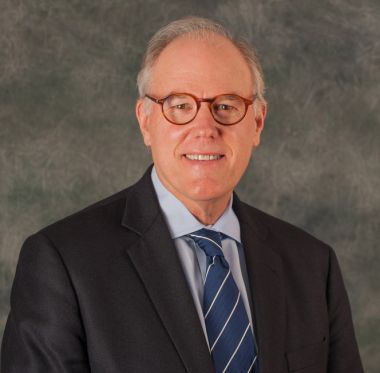Introduction
Tens of millions of Americans drink water contaminated with chromium (VI), a toxic compound the Environmental Protection Agency was poised in 2011 to conclude likely causes cancer. That finding would normally set the stage for setting stricter drinking-water standards. So far, the new standards have not been set.
If you want to know the story behind the delay, read our two-part investigation, Toxic Clout, including the latest report this week on how chemical industry scientists are able to stall action on a known carcinogen. Or, watch the excellent two-part PBS NewsHour series that documents how an industry uses its resources to raise questions, pay for studies and otherwise effectively block government agencies from taking action.
In some of our key findings, the Center for Public Integrity reported that the EPA’s delay was caused in part by waiting for new studies paid for by the American Chemistry Council, the chemical industry’s main trade group and lobbyist. And, some of the same industry-paid scientists involved in past efforts to stall government action on chromium worked on the studies delaying the EPA.
Chromium (VI), you may recall, is the same chemical compound featured in the movie Erin Brockovich. That Oscar-winning film did much to raise awareness of chromium pollution in drinking water. Because of that pollution, the company involved, Pacific Gas & Electric Co., paid $333 million to the people of Hinkley, Calif. But, as I’ve noted before, this story does not end with the Hollywood version of events. The EPA has still not acted.
The good news, however, is that after the Center for Public Integrity and the PBS NewsHour started asking questions about the delay, the EPA revised its timetable for completing its chromium (VI) assessment. Instead of waiting until 2015, the EPA now says it will move up its assessment by two years, to 2013. And EPA also plans to correct the problems with conflicts of interests that we exposed. Glacial but timely progress.
Until next week,
Bill

Join the conversation
Show Comments